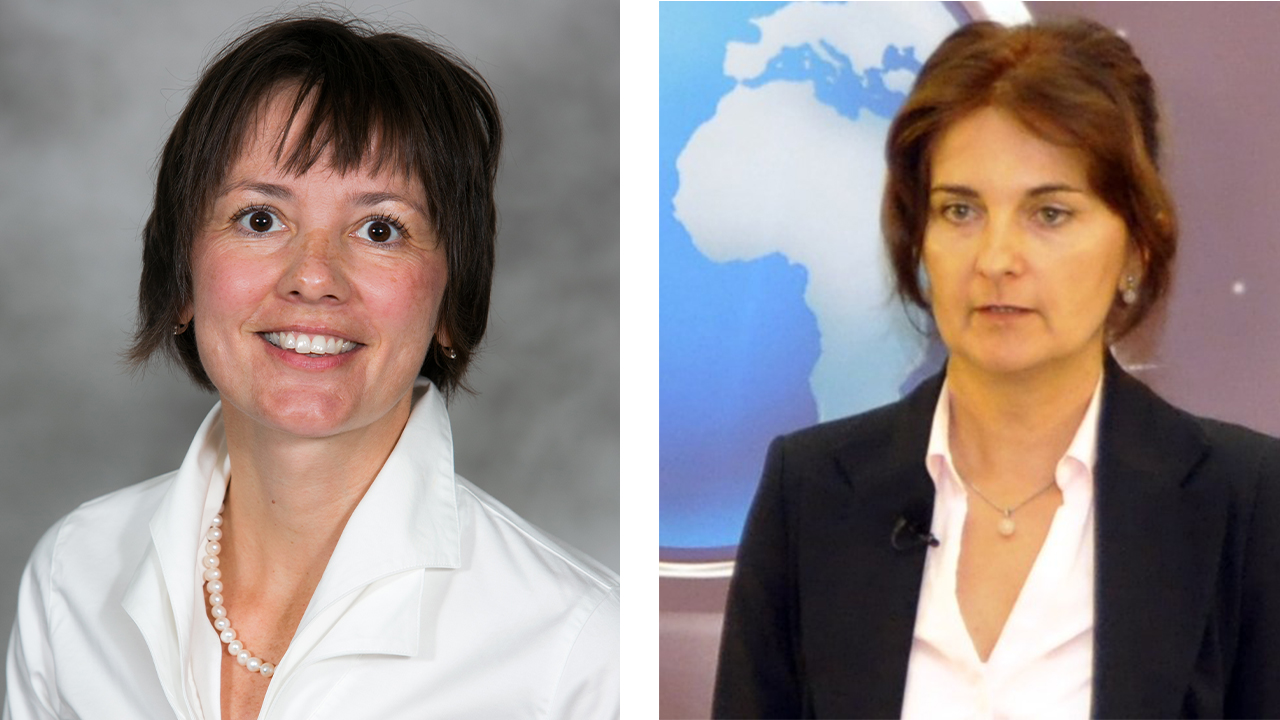
Dr. Edina Haslauer, associate professor in the School of Education at the University of Wisconsin-Platteville, recently co-published a paper with Dr. habil Ágnes Klein, associate professor in the Department of Pedagogy and Psychology at the University of Pécs, Hungary, in “Paedagogica Historica: International Journal of the History of Education.”
Entitled “Hungarian minority education based on a review of the national curricula from 1777-1907,” the study’s aim was a systemic examination of three Hungarian national curricula and their effects on minority students’ education over a 130-year period. It primarily focused on the legislation that defined minority language use in schools. The pair analyzed the extent to which educational policies and corresponding curricula respected minority rights in terms of native language use; or conversely, forced children from minority backgrounds to acquire Hungarian language competencies as part of an effort to integrate students into the mainstream.
Haslauer says their study provides a cautionary tale. “Although our journey took us to the past, we believe this analysis is relevant to today’s demographically changing societies, which have increasingly become multicultural and multilingual,” said Haslauer. “Highlighting the ways in which educational policies are subject to political influences can shape our discourse on the current development of education policies.”
The study contextualized educational policies affecting the minority population and highlighted how they were partially a product of the political landscape of the time. Their study illuminates how social and historical circumstances, including an ever-changing political landscape and shifting political ideologies, have significantly affected the educational experiences of minorities in Hungary. Haslauer believes policies are best understood through the lens of social, political, cultural and historical contexts in which they are created.
“[The article] is exceptional and a testament to Edina’s commitment to scholarship in the field of multicultural education,” said Dr. Doug Adams, assistant professor in the School of Education and a colleague of Haslauer.